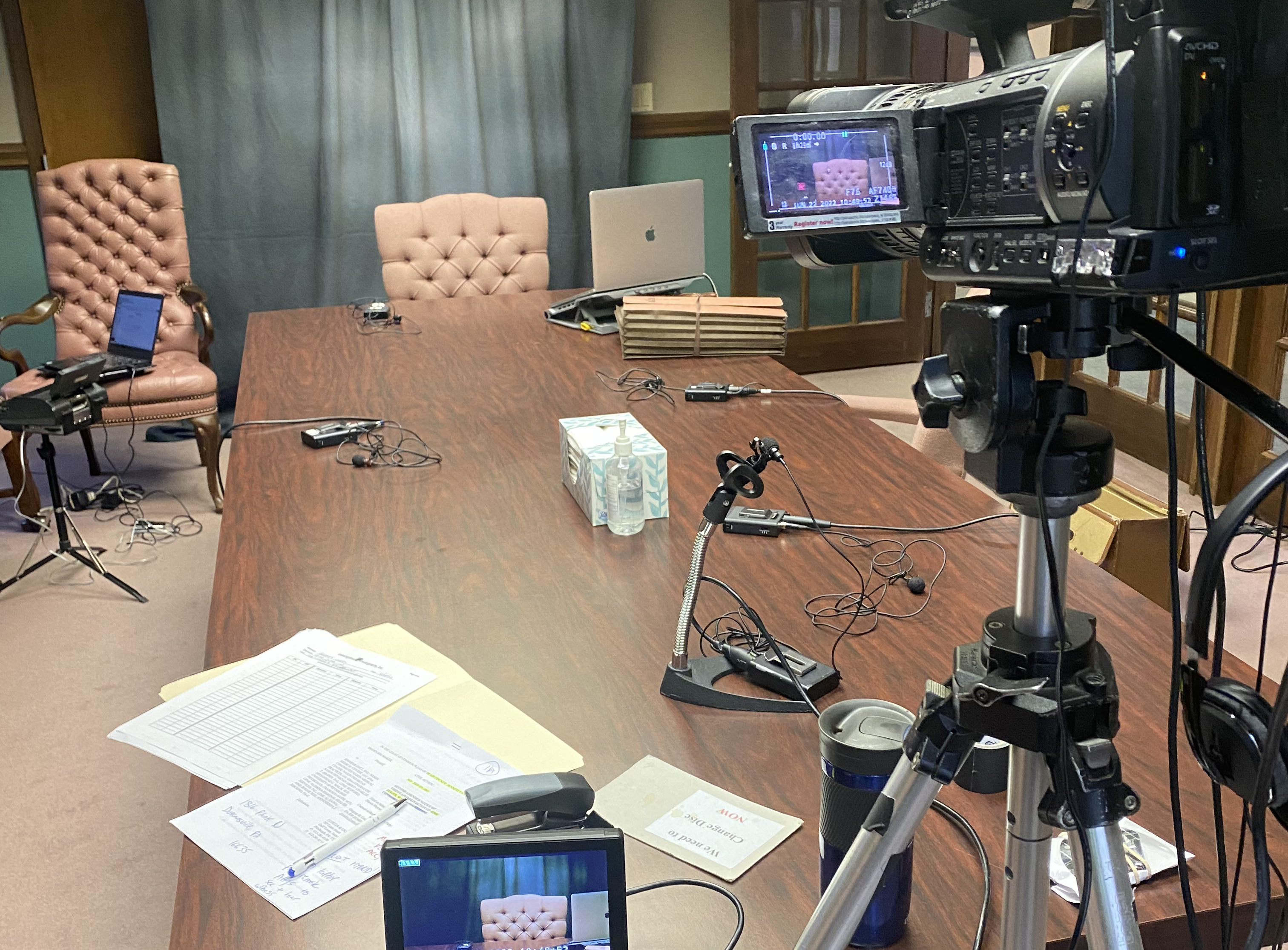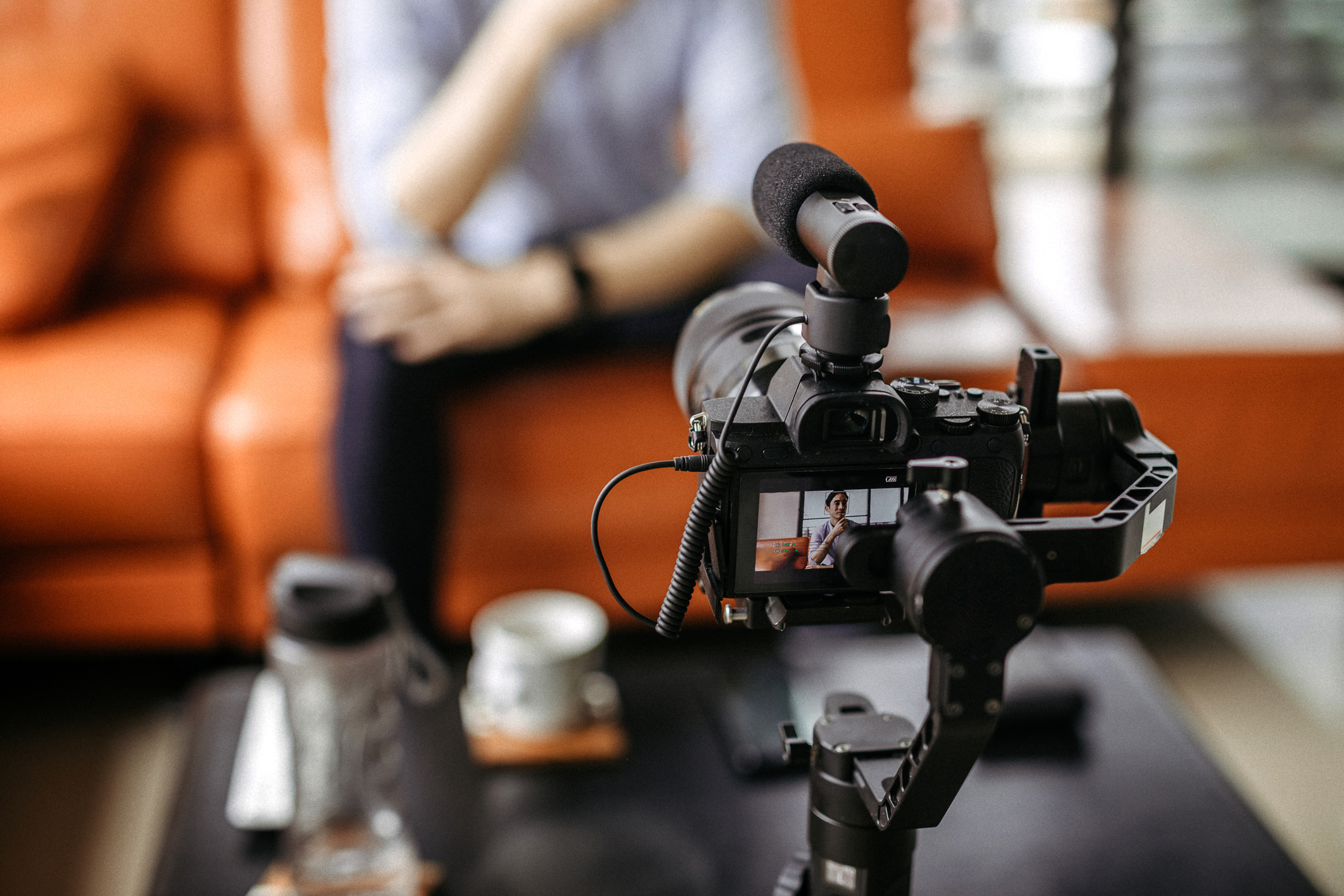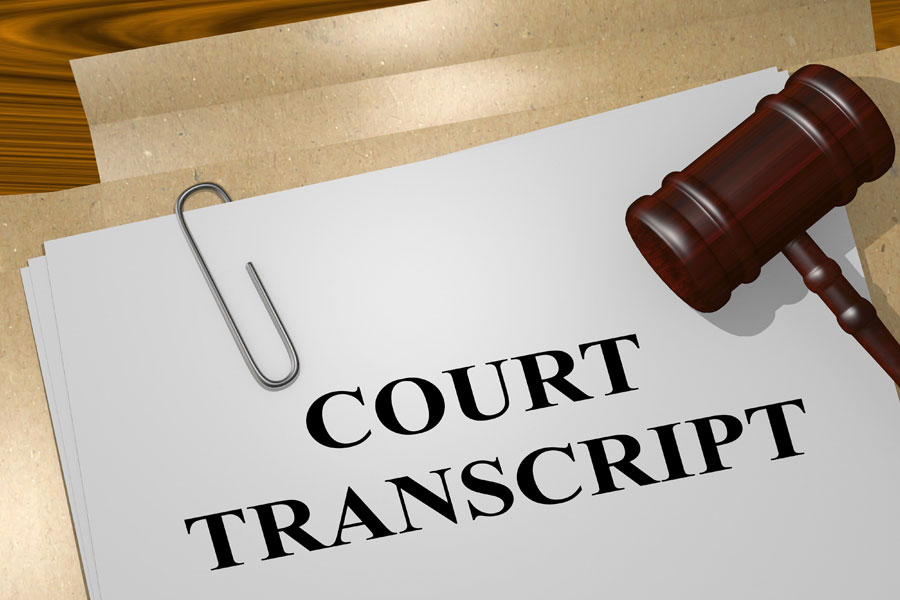What clients need to know before their legal video depositions session
Wiki Article
The Value of Lawful Video Clip Depositions in Modern Legal Services: What You Should Know
Legal video depositions have ended up being vital in today's lawful landscape. They give a multidimensional sight of witness statements that conventional records just can not match. By capturing both verbal and non-verbal communication, these depositions enhance the total understanding of a witness's integrity. The effectiveness of video clip depositions hinges on numerous aspects, including conformity with lawful requirements and finest methods. Exploring these aspects reveals their true relevance in modern lawful servicesWhat Are Legal Video Clip Depositions?
Legal video depositions work as an important tool in the litigation process. They entail tape-recording witness testaments in a video clip style, recording both non-verbal and verbal interaction. This approach enables attorneys to document the demeanor, expressions, and reactions of witnesses, giving a richer context for the statement. Typically conducted in a controlled atmosphere, these depositions are led by attorneys that ask concerns while a court press reporter documents the dialogue. The resulting video can be vital for test preparation, as it enables lawyers to examine the credibility of witnesses and refine their techniques. Additionally, legal video depositions can be used in numerous lawful contexts, varying from civil disagreements to criminal instances. The acoustic and aesthetic elements of video clip depositions boost the presentation of proof, making it a necessary part in the modern-day lawful landscape. On the whole, they add considerably to the effectiveness and performance of lawful procedures.
Advantages of Video Depositions Over Standard Methods
Video depositions offer various advantages compared to standard techniques of taking witness testaments. One substantial benefit is the ability to capture both visual and audio aspects, providing a more thorough record of the witness's statements. This double layout boosts quality and allows lawful professionals to reference details subtleties during trial prep work. Additionally, video clip depositions assist in remote participation, making it easier for witnesses who might be inaccessible for in-person appearances due to geographical constraints or wellness issues.Moreover, video clip depositions can expedite the total deposition procedure, minimizing the moment and expenses associated with traveling and logistics. They also boost availability, as taped depositions can be easily shared among lawful teams and referenced at any moment. This benefit adds to better case management and prep work. Overall, video depositions stand for a modern, reliable approach to gathering witness testaments, aligning with the progressing demands of the lawful occupation.The Function of Body Movement and Tone in Testimonies

In lawful video depositions, body language and tone play vital duties in sharing a witness's reliability and credibility. Nonverbal cues can give understandings right into a witness's mood, influencing exactly how their testament is viewed. Comprehending the impact of these components is vital for jurors and attorneys alike when examining the reliability of a testament.
Nonverbal Interaction Insights
While verbal interaction is typically emphasized in lawful testaments, nonverbal cues such as body language and tone play a vital duty in conveying reputation and emotion. Onlookers of depositions may keep in mind that a witness's stance, motions, and faces can considerably affect assumptions of dependability. As an example, consistent eye call may signal self-confidence, while staying clear of stare could suggest dishonesty or discomfort. The tone of voice-- its pitch, speed, and volume-- can pass on sensations of genuineness or unpredictability. Legal professionals have to be attuned to these nonverbal signals, as they frequently offer crucial context that matches talked words. Recognizing these nuances can enhance the effectiveness of depositions and influence the end result of lawful procedures.Emotional Tone Impact
The psychological tone communicated throughout legal testimonies significantly impacts just how a witness is viewed. Body language, singing inflections, and face expressions play important roles fit the story of a testimony. A witness exhibiting self-confidence with steady eye call and a calm tone can instill a feeling of reliability and involvement. On the other hand, signs of anxiousness, such as fidgeting or an unstable voice, might cause hesitation regarding their account. The nuances of emotional expression can affect the interpretation of truths, making it important for attorneys to identify these cues. In video clip depositions, the visual and auditory parts combine, highlighting the significance of psychological tone in sharing sincerity and reliability within the legal process.Reputation and Dependability
A crucial aspect in developing trustworthiness and reliability during statements depends on the witness's body movement and tone of voice. Onlookers usually rely on non-verbal hints-- such as eye have a peek at these guys call, stance, and gestures-- to evaluate a witness's genuineness. A witness that preserves eye get in touch with and presents open body language might be regarded as even more straightforward and reliable than one who prevents eye get in touch with or appears closed off. Additionally, tone of voice plays an important function; a stable, calm tone can reinforce the integrity of the statement, while changes in pitch or volume may elevate doubts. Ultimately, the combination of body language and singing tone considerably affects exactly how a witness's statements are received and interpreted in a lawful context.Ideal Practices for Carrying Out Video Depositions
Conducting video clip depositions needs careful planning and implementation to ensure a clear and efficient discussion of statement. First, it is necessary to pick a peaceful, well-lit location to decrease diversions and safe ideal video clip high quality. The equipment needs to be evaluated ahead of time, consisting of video cameras, microphones, and lights, to avoid technological issues during the deposition.Next, events included have to evaluate the format and procedures ahead of time, ensuring that every person understands their functions. The deponent should be informed on the procedure, consisting of just how to respond clearly and concisely.Additionally, keeping a professional temperament throughout the session is vital. This consists of avoiding speaking over one an additional and validating that all questions are guided suitably. It is vital to tape the deposition in a layout that permits for very easy playback and review, preserving the integrity of the testimony for future use.Legal Considerations and Compliance Issues
Exactly how do legal considerations and compliance issues impact the efficiency of video depositions? Legal professionals should navigate a complex landscape of regulations, guaranteeing that video depositions abide by administrative regulations and criteria. Conformity with legislations concerning privacy, permission, and tape-recording methods is crucial. For example, getting specific authorization from all events included is required to avoid lawful repercussions.Additionally, the admissibility of video clip evidence in court can rest on conformity with procedural requirements. Guaranteeing that the equipment made use of satisfies technological requirements is also vital, as bad quality can threaten the deposition's reliability.Moreover, attorneys have to recognize any kind of certain state laws that regulate video depositions, as these can differ greatly. Failing to address these factors to consider can not only endanger the honesty of the deposition however additionally impact the total case method, ultimately impacting the customer's legal results.Just How Video Depositions Effect Court Perception
While video clip depositions can function as powerful tools in lawful process, their influence on jury assumption is significant. The acoustic and aesthetic elements of video recordings supply jurors with a more extensive understanding of witness demeanor, integrity, and psychological responses. This multimedia method can improve the jurors' capacity to assess the reliability of testament contrasted to traditional text-based transcripts.Moreover, video depositions allow jurors to observe body language, tone of voice, and facial expressions, every one of which can affect their analysis of the witness's declarations. The visibility of a witness on display can humanize them, cultivating compassion and link, which might guide jurors' point of views. Conversely, a witness that shows up undependable or incredibly elusive on video clip might cause unfavorable understandings that affect a jury's decision. Ultimately, the dynamic nature of video clip depositions plays an essential duty fit exactly how jurors like it translate evidence and reach their verdicts.The Future of Video Clip Depositions in Legal Technique
As innovations in modern technology proceed to reshape the legal landscape, the future of video clip depositions is positioned for considerable evolution. Innovations such as artificial knowledge, online reality, and enhanced video clip conferencing tools are expected to simplify the deposition procedure and improve accessibility. Lawyers may utilize AI-driven analytics to analyze witness credibility and instance strength more effectively.Moreover, the integration of digital reality could enable courts to experience immersive simulations of depositions, giving deeper context and understanding. Additionally, the trend toward remote depositions is most likely to linger, supplying higher adaptability for clients and attorneys alike.As remote work becomes increasingly normalized, video clip depositions will likely become conventional technique, decreasing prices and time constraints linked with conventional approaches. In general, these technical advancements guarantee to boost the effectiveness, performance, and accessibility of video depositions in lawful practice, eventually changing just how legal experts plan for test.Frequently Asked Concerns
Just How Much Do Lawful Video Depositions Usually Price?

Can Video Depositions Be Utilized in Any Type Of Sort Of Situation?
Video depositions can be made use of in numerous sorts of cases, consisting of civil, criminal, and household legislation. Their flexibility permits attorneys to present witness testaments successfully, adapting to the details requirements of different lawful situations.What Tools Is Needed for a Video Deposition?
To carry out a video deposition, crucial devices includes a high-grade cam, microphone, lighting, and a reliable recording gadget. Additionally, a computer system with editing software application may be needed for post-production and formatting the final video.Just how Long Does a Regular Video Deposition Last?
A regular video deposition lasts between 2 to four hours, depending upon the intricacy of the case and the number of inquiries posed. Prolonged sessions might occur, however breaks are generally incorporated for participant convenience.

Are Video Clip Depositions Admissible in Court?
Video depositions are normally acceptable in court, supplied they stick to legal standards and regulations of proof. Their use boosts clarity and protects witness statement, aiding in the judicial procedure throughout trials and hearings. Lawful video clip depositions have actually come to be crucial in web today's legal landscape. Furthermore, legal video depositions can be used in different lawful contexts, ranging from civil conflicts to criminal instances. Furthermore, video clip depositions help with remote participation, making it easier for witnesses that may be unavailable for in-person looks due to geographical restrictions or health issues.Moreover, video clip depositions can accelerate the overall deposition procedure, minimizing the time and costs linked with travel and logistics. Ensuring that the tools utilized meets technological standards is additionally essential, as inadequate high quality can undermine the deposition's reliability.Moreover, lawyers must be conscious of any certain state laws that control video depositions, as these can differ greatly. Furthermore, the trend toward remote depositions is most likely to persist, supplying greater versatility for customers and lawyers alike.As remote work comes to be increasingly normalized, video clip depositions will likely become common practice, decreasing prices and time constraints connected with standard methods.Report this wiki page